1. Bob Dylan: The Poet Who Changed Music and Literature
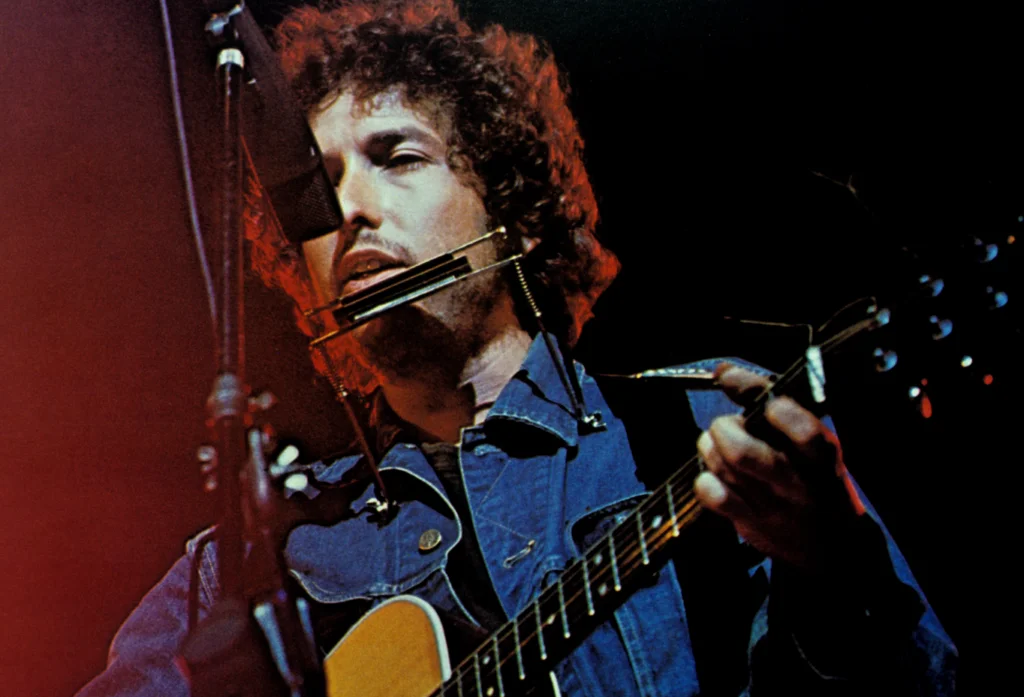
Bob Dylan wasn’t just a revolutionary in the music world—his impact stretched far beyond the stage. Known for his poetic lyrics and folk-inspired sound, he became an icon of the 1960s counterculture. But Dylan’s influence didn’t stop with music; his songwriting was often compared to great literature, blending poetic expression with social commentary. His work, like “Blowin’ in the Wind” and “The Times They Are A-Changin’,” became anthems for political movements and youth protests.
As a result of his literary prowess, Dylan was awarded the Nobel Prize in Literature in 2016. His ability to weave words into something timeless elevated him from musician to cultural figure. With his voice often being the soundtrack to tumultuous times, Dylan was much more than a man with a guitar—he was a voice of change.
2. Jimi Hendrix: The Icon Who Redefined Guitar
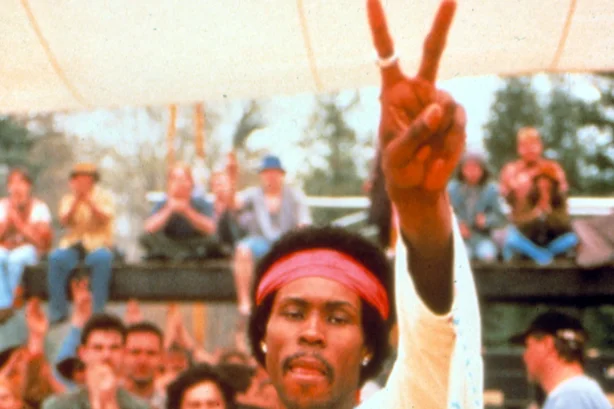
Jimi Hendrix’s legacy as a guitarist is unmatched, but his influence extended far beyond just shredding riffs. In the ’60s, Hendrix didn’t just play the guitar—he made it an instrument of artistic expression, bringing it to new, experimental heights. His innovative use of distortion, feedback, and effects on songs like “Purple Haze” redefined what rock music could be. The way he pushed musical boundaries made him a visionary far ahead of his time.
But Hendrix also became a cultural icon, symbolizing the free-spirited ethos of the ’60s. His bold style and electric performances—often involving playing with his guitar behind his head or with his teeth—further solidified his place as more than just a musician. He was a symbol of rebellion and creativity, a trendsetter in both music and fashion.
3. Janis Joplin: The Soulful Rebel with a Voice
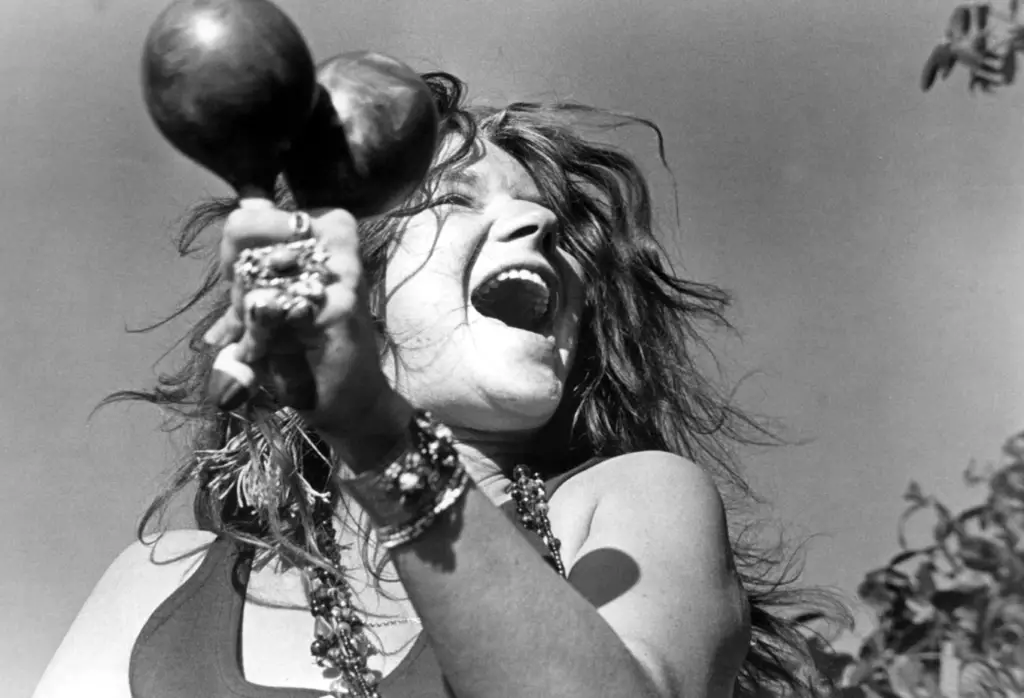
Janis Joplin was known for her raw, emotional singing that shook audiences to their core. But what many didn’t realize was that she was a powerhouse in the world of activism and social change as well. Joplin’s music was fueled by personal pain, but it also became a vehicle for empowerment, especially for women in rock and roll. Songs like “Piece of My Heart” captured her struggle and strength, making her an icon of both musical excellence and feminist spirit.
Off-stage, Joplin was a fiercely independent figure who pushed against the constraints of traditional gender roles. She was unapologetically herself, unafraid to challenge the norms of the music industry and the societal expectations placed on women. This made her not just a legendary musician but also a symbol of freedom and defiance for generations to come.
4. George Harrison: The Spiritual Explorer
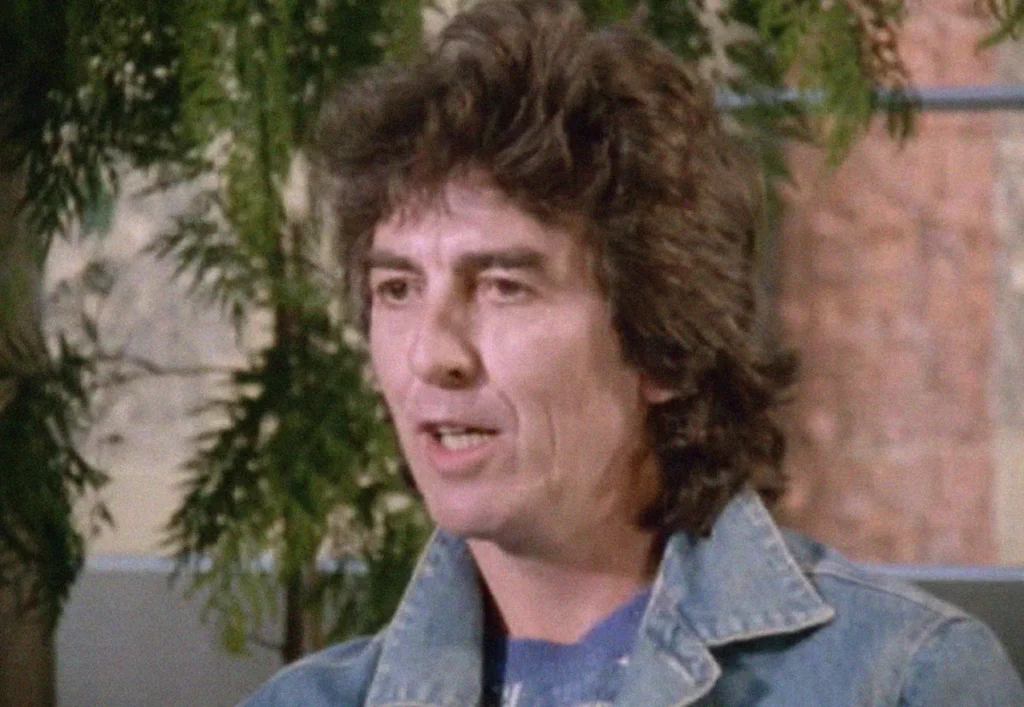
George Harrison might have been part of the biggest band in the world, but his influence transcended his role in The Beatles. Harrison was the spiritual seeker, known for infusing his music with Eastern influences and deep philosophical insights. His exploration of Indian music, especially after meeting Ravi Shankar, led to some of the most unique sounds in rock, most notably on tracks like “My Sweet Lord.”
But it wasn’t just about the music for Harrison—his spiritual journey shaped his life outside of the studio. He became a vocal advocate for Eastern philosophy and a pioneer in blending spirituality with pop culture. Harrison was a man of many layers: musician, philanthropist, spiritual seeker, and an advocate for peace and love, making him much more than just a guitar player.
5. Grace Slick: The Rock Star Who Broke Barriers
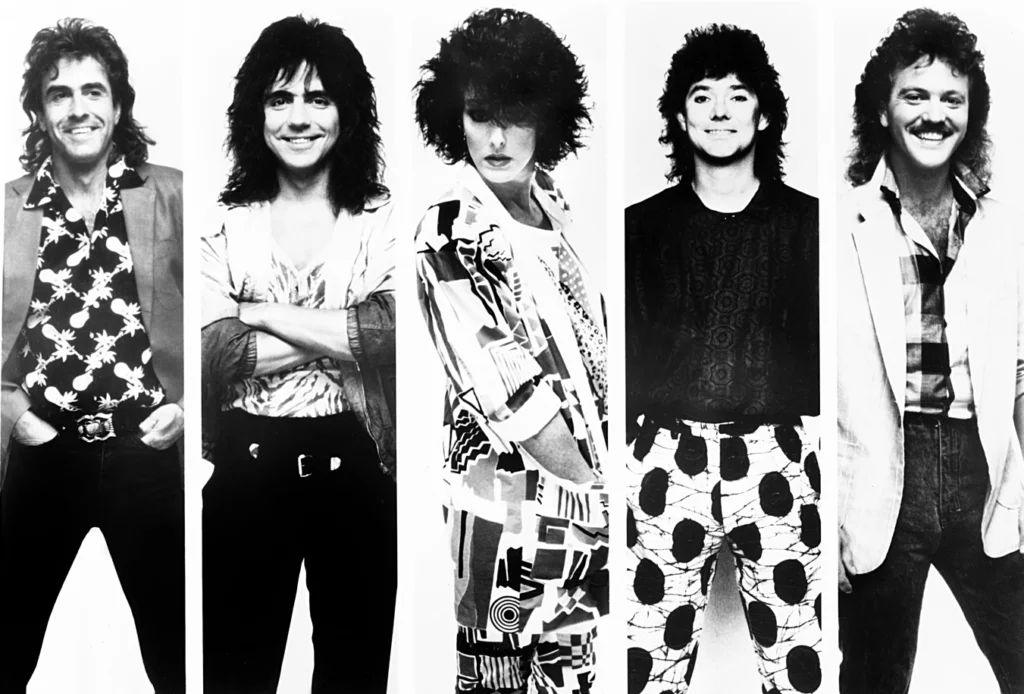
Grace Slick was the voice behind Jefferson Airplane’s psychedelic hits, but her influence went far beyond her role as a singer. As one of the first women to take a prominent place in the male-dominated rock world, she became an emblem of female empowerment. With her rebellious attitude and boundary-pushing lyrics, Slick’s presence was a force to be reckoned with.
Her voice not only defined some of the era’s most iconic tracks, like “White Rabbit” and “Somebody to Love,” but she also used her platform to speak out on issues like civil rights and freedom of expression. Slick was an artist who embraced both the political and artistic movements of the time, challenging social norms and changing the way women were viewed in rock music. Her boldness made her a revolutionary figure in music and culture.
6. Jim Morrison: The Poet Who Lived Fast and Died Young
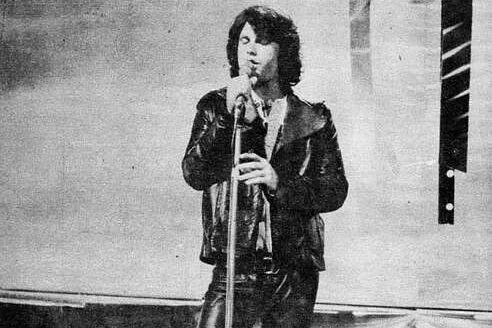
Jim Morrison was more than just the frontman of The Doors; he was a tortured poet whose lyrics captured the chaotic energy of the ’60s. Known for his mesmerizing voice and dark, poetic lyricism, Morrison brought a literary sensibility to rock. His songs like “Light My Fire” and “The End” delved into deep, philosophical themes, with Morrison often drawing inspiration from existentialist ideas and poetry.
Off the stage, Morrison was a complex figure, often portrayed as the archetype of the “rock star” who lived fast and left an indelible mark. His fascination with the human psyche and the unknown added an intellectual layer to his music. Morrison’s legacy was cemented not just in his iconic songs but also in his status as a misunderstood, tragic figure whose life and work still inspire debate and fascination.
7. Mick Jagger: The Performer Who Redefined Showmanship
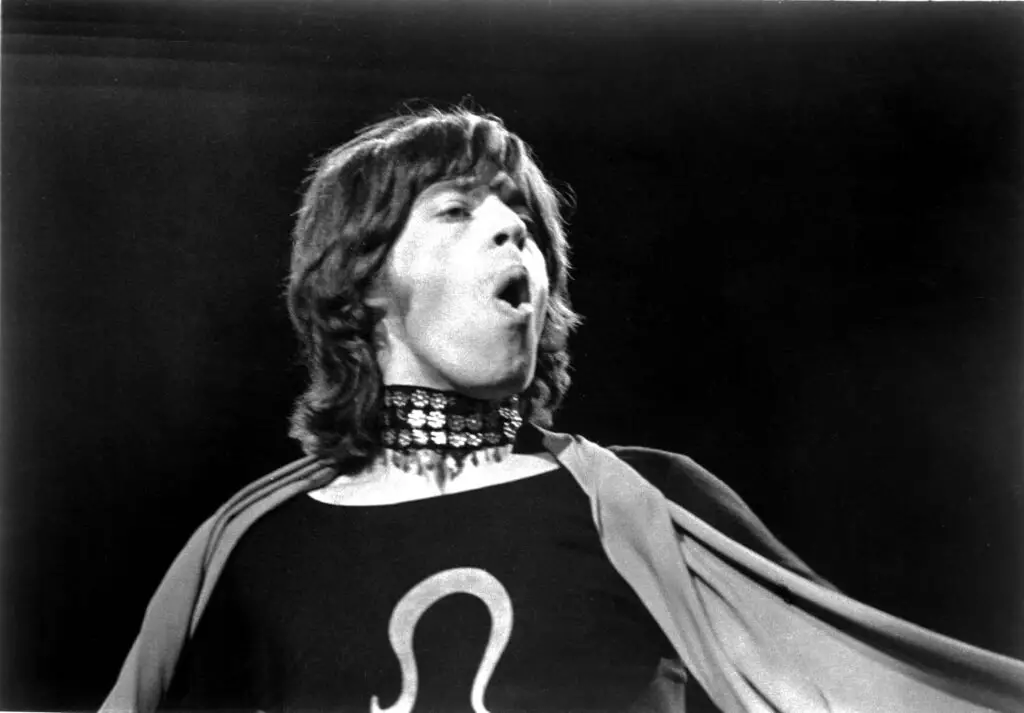
Mick Jagger is synonymous with rock and roll, but he’s also an entrepreneur and cultural phenomenon. As the frontman of The Rolling Stones, Jagger didn’t just sing; he became the embodiment of rock star excess, redefining what it meant to be a performer. His high-energy stage presence and charismatic persona made every Rolling Stones concert an unforgettable event. Jagger’s fluid movements and unique vocal style set the standard for generations of rock performers.
Beyond music, Jagger made his mark as a savvy businessman and cultural influencer. He became involved in film production and fashion, proving that his talents extended far beyond the mic. Jagger’s influence on pop culture is immeasurable—he’s not just a rock star but a living legend who helped shape the very fabric of modern music and entertainment.
8. Bob Marley: The Messenger of Peace
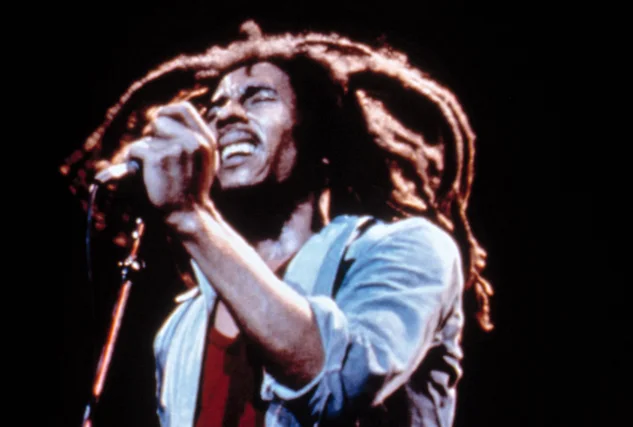
Though his heyday came a little later in the ’60s, Bob Marley’s influence began to build during the late 1960s, making him more than just a musician—he was a cultural ambassador for peace, love, and social justice. As the king of reggae, Marley’s music spread messages of hope, unity, and resistance against oppression. Hits like “No Woman, No Cry” and “Redemption Song” became anthems not just for music lovers, but for those fighting for change around the world.
Marley’s influence extended beyond music; he became a global symbol of peace and human rights. His Rastafarian faith and commitment to spreading love through music made him a revolutionary figure. Marley’s life and work continue to inspire, proving that his impact was about far more than just making great music—he used his platform to change the world.


